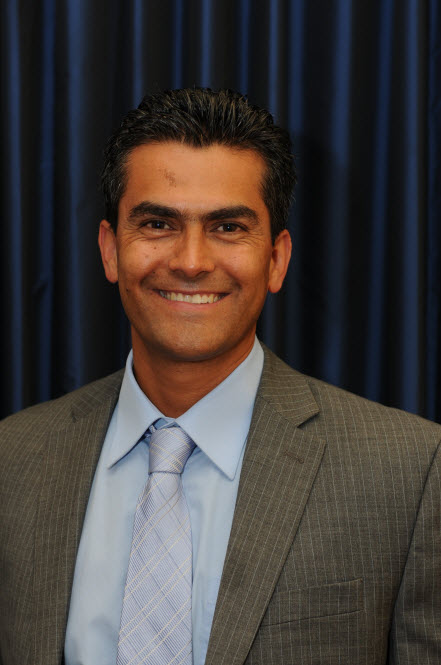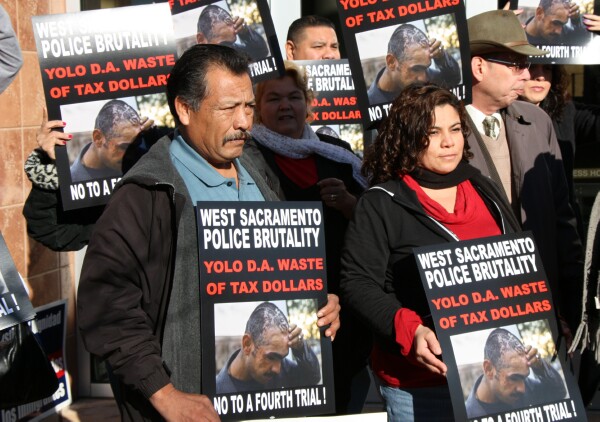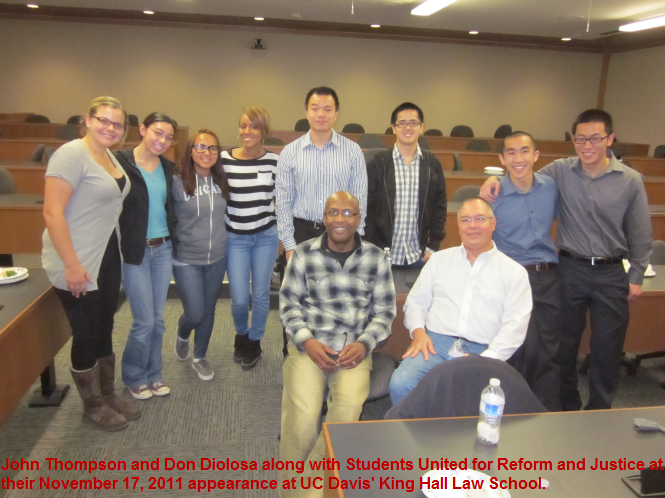Commentary: What to Make of Reisig’s Op-Ed
 The Vanguard published an afternoon piece on Wednesday showing that Jeff Reisig had not originally written large segments of his op-ed that was released the previous week in the Woodland Daily Democrat.
The Vanguard published an afternoon piece on Wednesday showing that Jeff Reisig had not originally written large segments of his op-ed that was released the previous week in the Woodland Daily Democrat.
While many readers drew inferences from the article, the article itself only reported what we knew at the time. It did not make accusations.


 By Gary Wells, Professor of Psychology, Iowa State University
By Gary Wells, Professor of Psychology, Iowa State University










